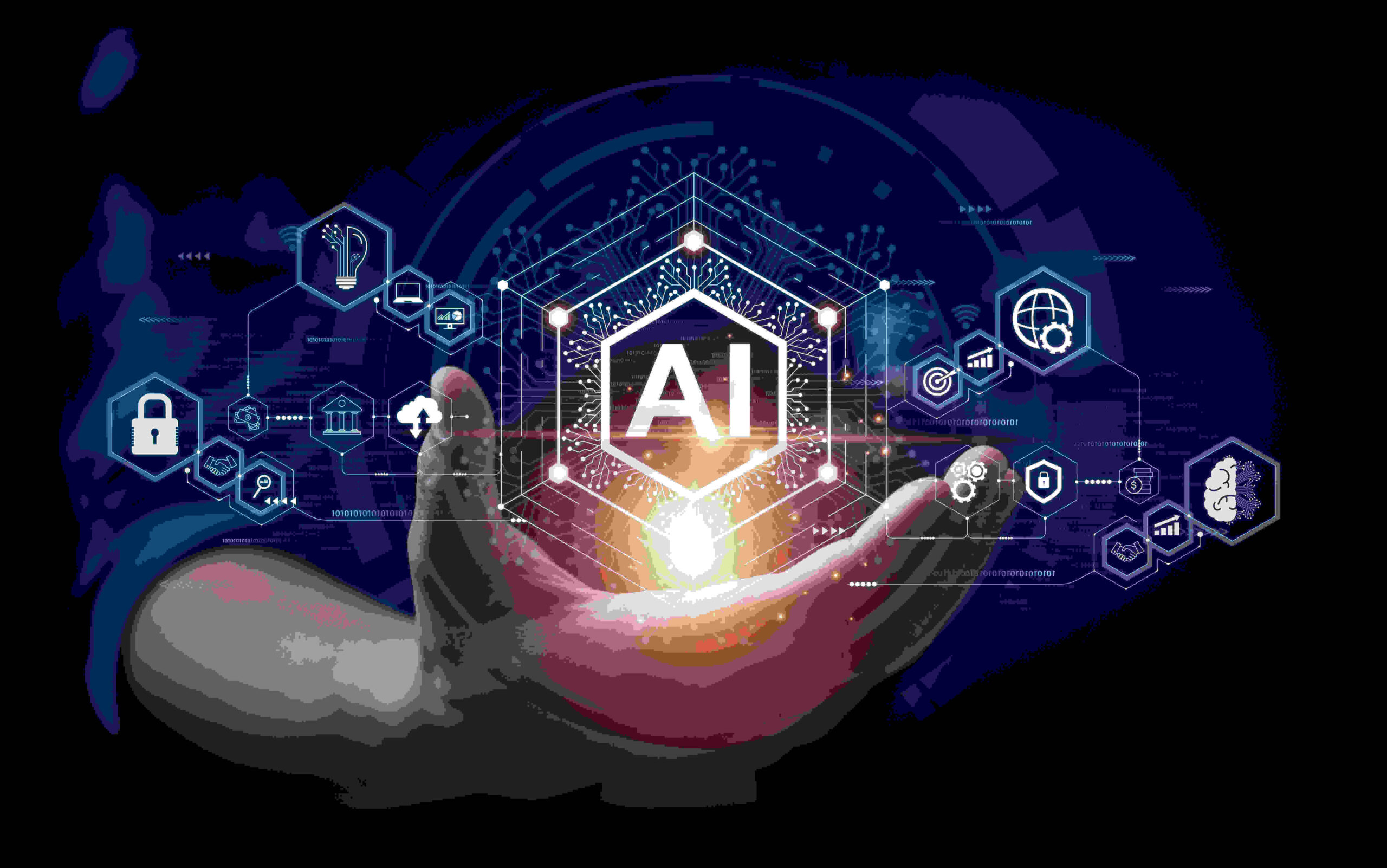Artificial intelligence (AI) tools have revolutionized various industries by simplifying complex tasks and enhancing productivity. One of the Best Ai Tool (Ask ,Chat, Write) By TM03 best AI tools widely used today is OpenAI’s GPT, which helps in generating human-like text. This tool is invaluable in content creation, coding assistance, and providing conversational AI solutions. Another powerful AI tool is Google’s AI-driven platforms such as TensorFlow, which helps developers build and train machine learning models. These tools are not just limited to professionals but are accessible to everyone, making AI integration smoother and more efficient.
Download Now :-
AI tools in image recognition and editing have also made significant strides. For instance, AI-based tools like Adobe Sensei use machine learning to automatically edit and enhance photos. This tool saves time for photographers and graphic designers by suggesting intelligent edits and filters. Similarly, AI tools in video editing, like Runway ML, provide creators with the ability to apply complex visual effects and generate realistic animations effortlessly. These tools allow for more creativity while reducing the technical barriers to entry for beginners and professionals alike.
In business automation, AI tools like UiPath and Automation Anywhere have made a massive impact. These robotic process automation (RPA) tools enable businesses to automate repetitive and mundane tasks, freeing up human resources for more strategic work. From data entry to customer service automation, AI-driven RPA tools improve efficiency and accuracy. These tools also help in scaling businesses as they reduce operational costs while ensuring faster and more reliable performance in handling day-to-day tasks.
Another critical area where AI tools have made a difference is healthcare. Tools like IBM Watson Health use AI to assist doctors in diagnosing and treating patients. AI-powered analytics help in interpreting medical images, identifying disease patterns, and even suggesting treatment plans based on big data analysis. These tools not only increase the accuracy of diagnoses but also allow doctors to provide personalized treatment plans, improving patient outcomes significantly.
Lastly, in customer service, AI tools such as chatbots and virtual assistants are helping companies deliver 24/7 support. Tools like Drift and Intercom provide conversational AI that engages with customers in real-time, resolving queries and guiding users through the sales funnel. These AI tools enhance user experience and significantly reduce the workload on human agents, allowing businesses to handle large volumes of inquiries efficiently while maintaining a high level of service.
Conclusion :-
AI tools are transforming industries, making processes faster, smarter, and more efficient. With continuous advancements, the future holds even more promise for what these tools can achieve.











